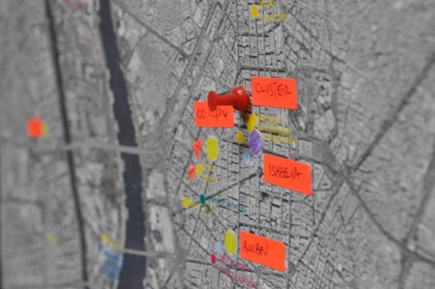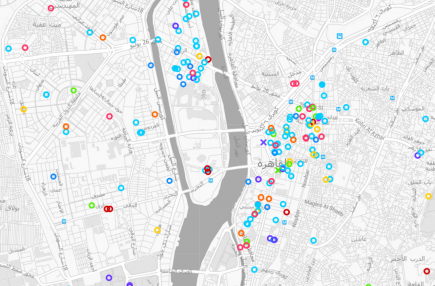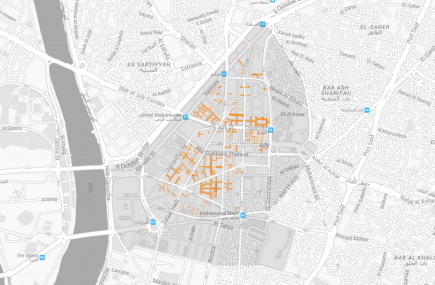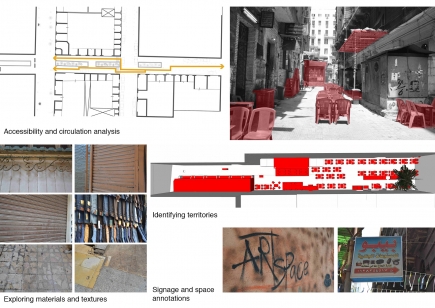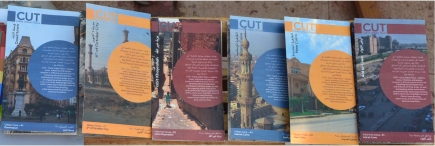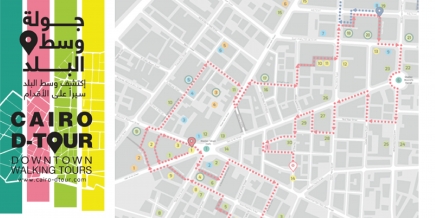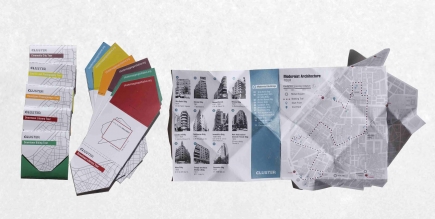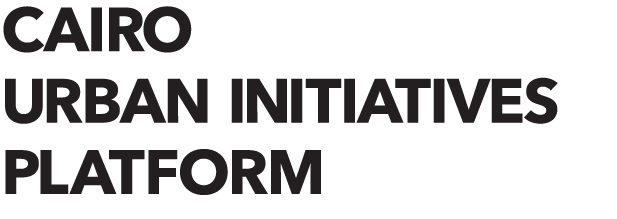| Theme: | |
| Format: | |
| Date: | Nov 20, 2014 6:00–7:00pm |
| Organized by: | Netherlands-Flemish Institute Cairo (NVIC) |
| Venue: | Netherlands-Flemish Institute Cairo (NVIC) |
| Address: | 1 Mahmoud Azmi Street, Zamalek |
This research will present the main features of asylum systems and especially the attribution of refugee status in Egypt and Israel, and discuss their evolutions and differences in the light of immigration flows and country of origins. This will lead us to approach State-led but also UNHCR-led management of foreign populations. We will discuss the challenges associated with such a share of responsibilities in a comparative perspective. This should allow us to discuss the drivers of asylum policies. This research will secondly address the social movements associated to asylum policies. In Egypt and in Israel, the Sudanese community especially has been organizing itself to respond to the public policies that they have found unfair and not respective of their rights. From Mostapha Mahmoud (2005, Cairo) to Levinsky Park (Tel Aviv, 2013), refugees have been trying to address their rights and their complains towards national and international system of protection. The space they have found and created for this mobilization, supported or not by local actors, is another key factor to understand the evolution of asylum policies in their host countries.
Pauline Brücker is a PhD student at CERI/Sciences Po, affiliated at the CEDEJ (Cairo/Khartoum) and at the Center for Migration and Refugee Study, at the American University of Cairo (AUC/CMRS).
Graduated from a Research Master in Political Sociology, and a Master in International Public Law, both at Sciences Po Paris, she works on the sociology of migration in the Middle East and the Horn of Africa and the processes of migrants’ categorization. Her PhD focuses on forced migration in the Nile Region, especially Sudanese refugees’ movements to Egypt and Israel, the evolution of asylum policies and the political use of categorization processes. She focuses also on the governance of asylum in country with State and OI led processes and finally studies communities reactions and perceptions of their asylum conditions in their host country.
